 “The modeling of conversations about instructional impact is something we will bring back into our schools.” — KLN East participant
“The modeling of conversations about instructional impact is something we will bring back into our schools.” — KLN East participant
If you visit our webpage describing the work of the Alabama Best Practices Center, you’ll find descriptions of all our networks, including this one:
KEY LEADERS NETWORK (KLN): Connecting district and school leaders statewide to challenge each other to raise expectations and foster effective practices of teaching and learning in their schools.
Over time, interest in KLN has grown steadily, and we’ve created regional network groups to keep apace. This year we’ve broadened our geographic footprint in a major way – expanding our KLN membership by adding a dozen first-time and reengaged Alabama school districts. (You can read more about that here.)
KLN East is our newest and seventh regional Key Leaders Network. And what better way to kick off our professional learning for the 2019-2020 school year than to make the KLN East gathering our first event!
Educators from districts in our newest regional network met for the first time this week in Oxford. Participating leadership teams included five from new-to-ABPC districts: Calhoun County, Cleburne County, Gadsden City, Piedmont City, and Roanoke City. Teams from returning districts included Attalla City, Oxford City, and Talladega County.
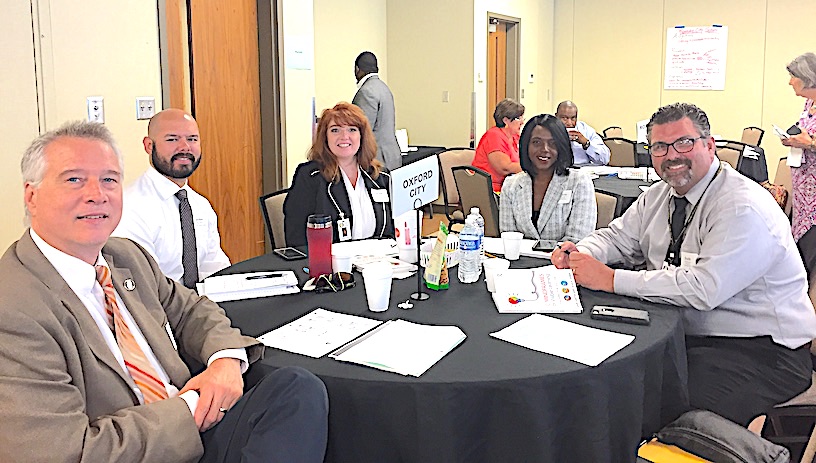
What Do We Do at KLN Meetings?
The “essential question” for our first round of Key Leaders Network meetings in 2019-2020 is this: How can our way of thinking about teaching and learning impact student learning and achievement?
To help educators explore the ways in which their own mindsets can determine how well students learn and how much students achieve, our KLN participants are taking a deep dive into researcher John Hattie’s book 10 Mindframes for Visible Learning: Teaching for Success.
Drawing on his meta-studies of global education research over the past two decades, Hattie says that effective teaching has a lot to do with “how teachers think about their tasks” and “why they do this rather than that” as they make moment-by-moment decisions in their classrooms.
The goal of Hattie’s “mindframes” and of our work together in KLN this year is to target ways we can help teachers always be conscious of the impact of their teaching choices and strategies – using observation, assessment, professional study, and dialogue among colleagues and coaches.
This kind of thinking might seem natural and widespread, but Hattie’s research finds that it is not. As one participant at KLN East wrote on our feedback form, “I had a light bulb moment when I realized that not all educators constantly question their impact.”
If you’re interested in learning more about our day, you can download our KLN East agenda (keeping in mind that we are constantly refining the design). If you’d like additional detail (PPT, packet, etc.), contact me.
The Who Are We? Why Are We Here? Activity
After talking about how we organize for collaborative work in our network groups, we engaged our participating teams in “Creating and Sharing District Profiles.” Here’s the process:
I. Team Dialogue. Team facilitator leads members in dialogue to generate responses to the prompts in each of the quadrants below. Team recorder reproduces the template on a sheet of easel paper, writing the district name at the top of the sheet.
- Characteristics—3 Adjectives that Describe Our Team
- Proudest Prouds—3 Instructional and/or Leadership Practices that Are Working Well for Us
- Critical Challenges—3 Priority Opportunities for Continued Growth
- Expectations—3 Hoped-for Results from Our Active Participation in KLN
II. Gallery Walk. When directed, move with your team to examine the other district team profiles. Talk about similarities and opportunities for learning from other teams. The team facilitator leads this dialogue, while the team recorder notes important learnings about each of the other teams. Use the template on page 4 to make notes.
III. Team Debrief. Return to your table to identify key learnings about others and identify specific questions or focus areas for future conversations.
Here are several examples of “quadrant posters” that you can click if you need to enlarge. You will find more posters at the Twitter hashtag #alpartners. (Just click here in your browser.)
A Great Start to School Year 2019-2020!
Without a doubt, this was our best “first meeting” with new KLN members ever. These educators were really open to our process and they engaged deeply throughout the day, with support from our more “veteran” participants. They really enjoyed the interactions with each other – one of KLN’s most-often mentioned benefits. School and system leaders are hungry to talk about their challenges and dreams with colleagues who “really get it.”
We are proud of the @TCBOE profile we shared at Key Leaders Network. @al_bpc @aplusala #ALPartners pic.twitter.com/cKIXq2tD4x
— Grayson Lawrence (@GraysonLawrence) August 20, 2019
I’ll close with some excerpts from all the positive feedback we collected at the end of our day. We asked participants to tell us what they found most useful and how they plan to use what they are learning.
What features did you find most useful?
- The modeling of conversations about instructional impact is something we can bring back into our schools.
- I really valued the time discussing the work with our home district and in collaboration with other districts.
- I liked the mix of open discussions and small group talks.
- Today’s experience really made me think. It challenged me.
How are/will you use what you are learning?
- Through district planning and improving instruction through analysis of instruction.
- We are going to develop a district rollout plan that makes sense for our teachers in each local school.
- It helps us strengthen our embedded professional development.
- Planning principal meetings to share vision and learning
- Implementing new practices in my school.
- Sharing it in our district and school learning communities.
- Sharing with peers across the region.
- This is an important part of our overall work at our school.
- Through professional development in our schools.
- Leading teachers to make pedagogical changes to better serve our students.
- We are hoping to create more reflective practitioners.
We’ve taken all the feedback and tweaked our learning design for the next KLN regional meeting. That’s today, by the way — KLN Central!
We're kicking off our second Key Leaders Network this year with KLN Central in Gardendale! We're excited for what this year has in store for our school and district leaders. #ALPartners https://t.co/2WBSo1gFDc
— A+ Best Practices Center (@al_bpc) August 22, 2019
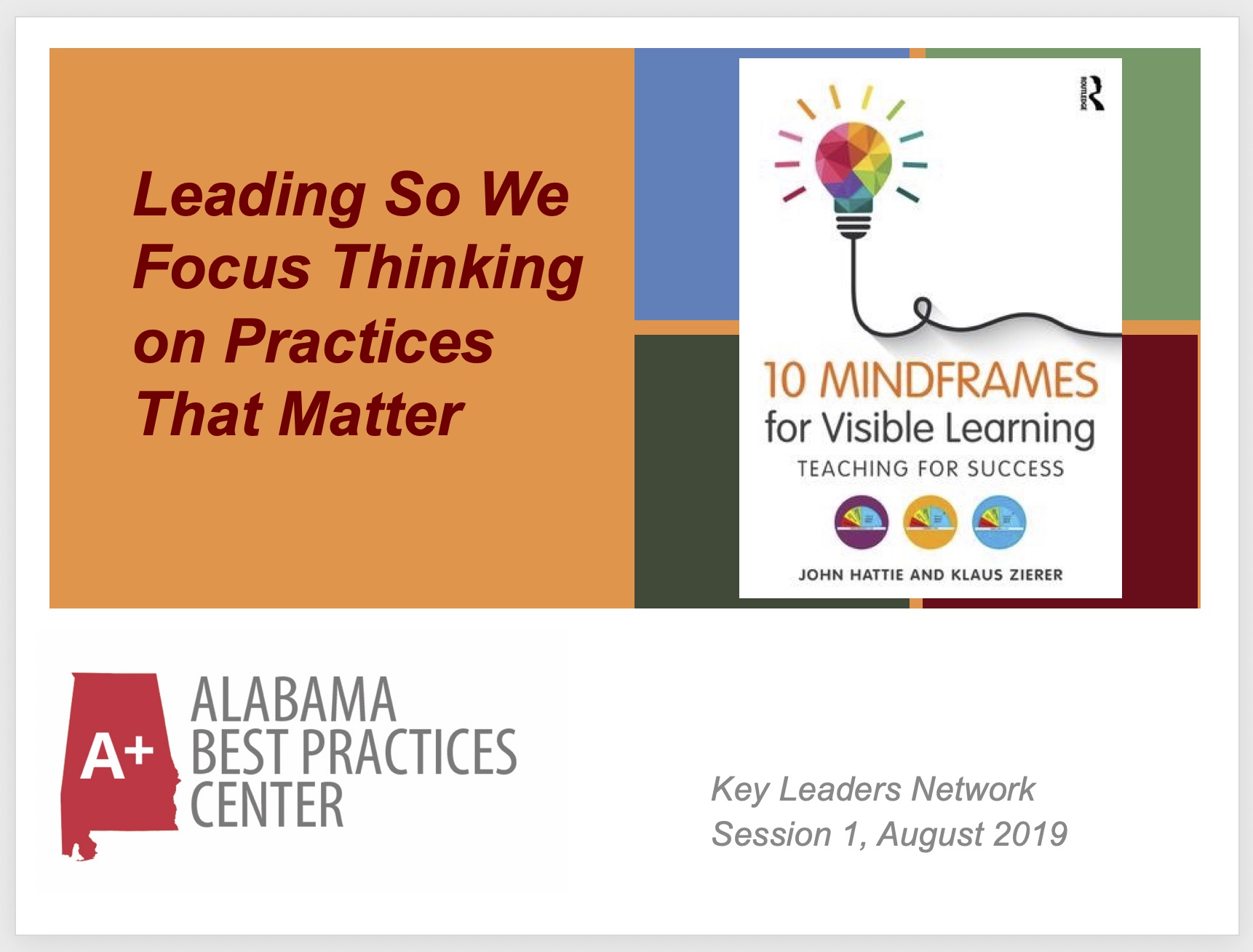
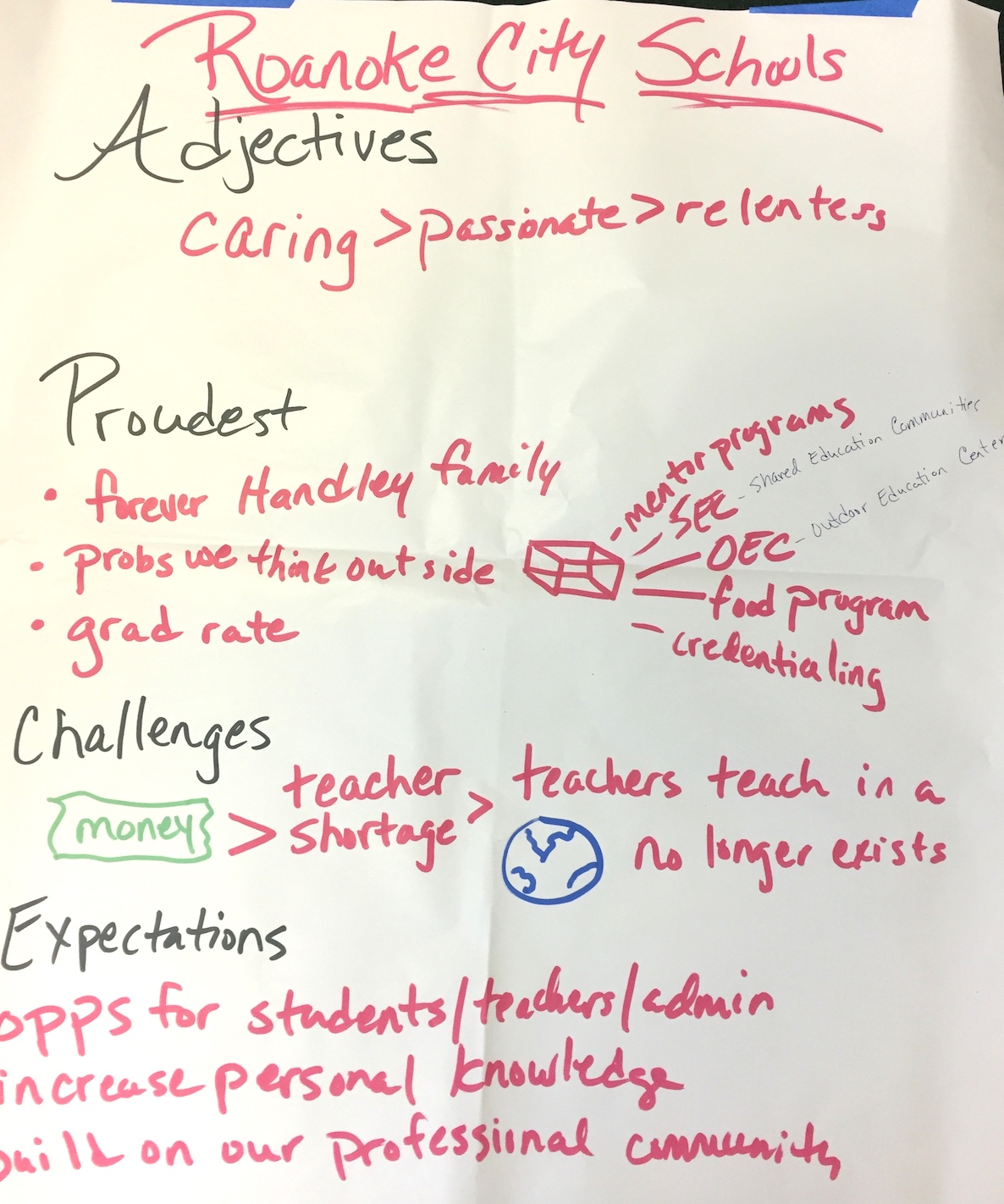
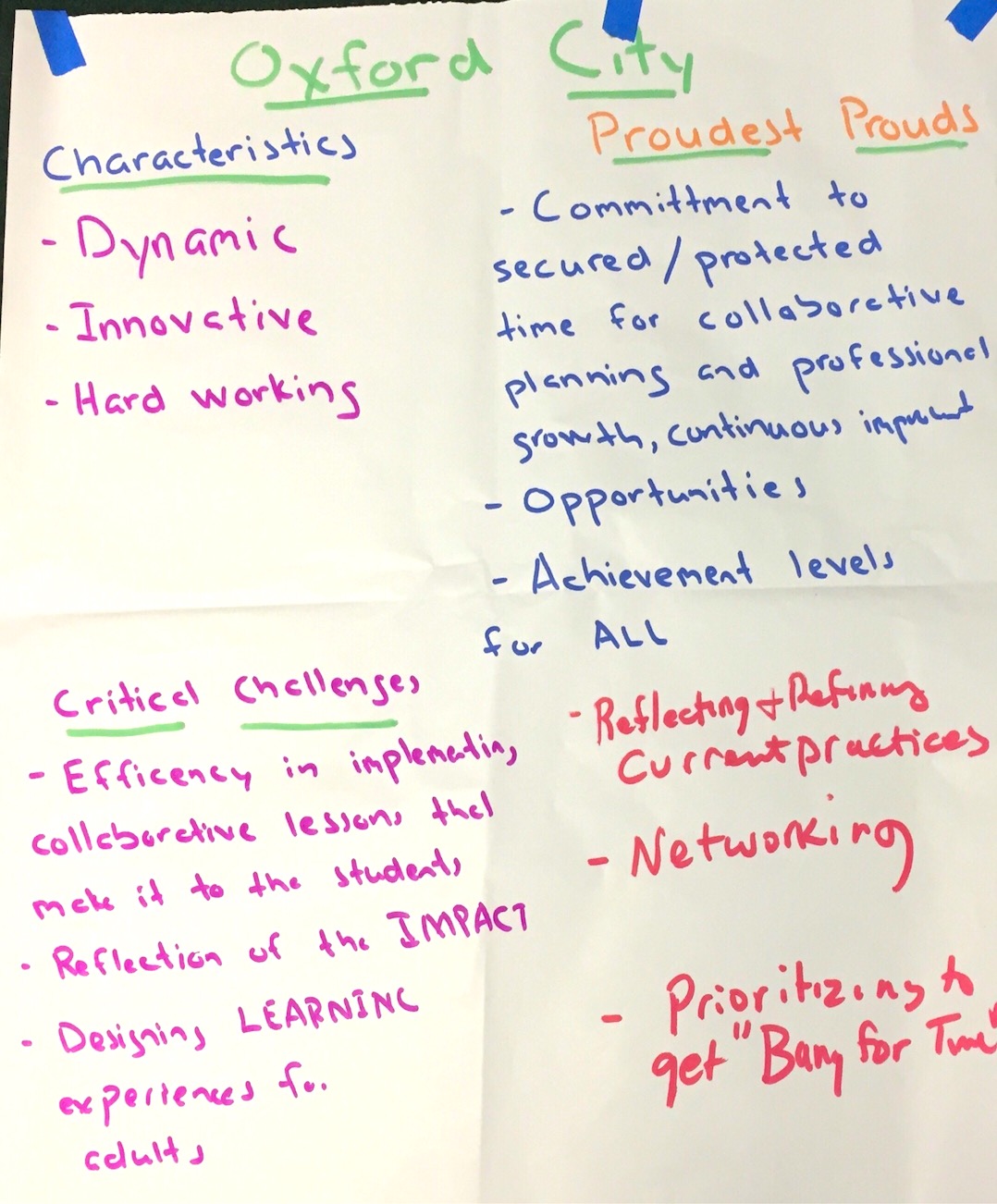
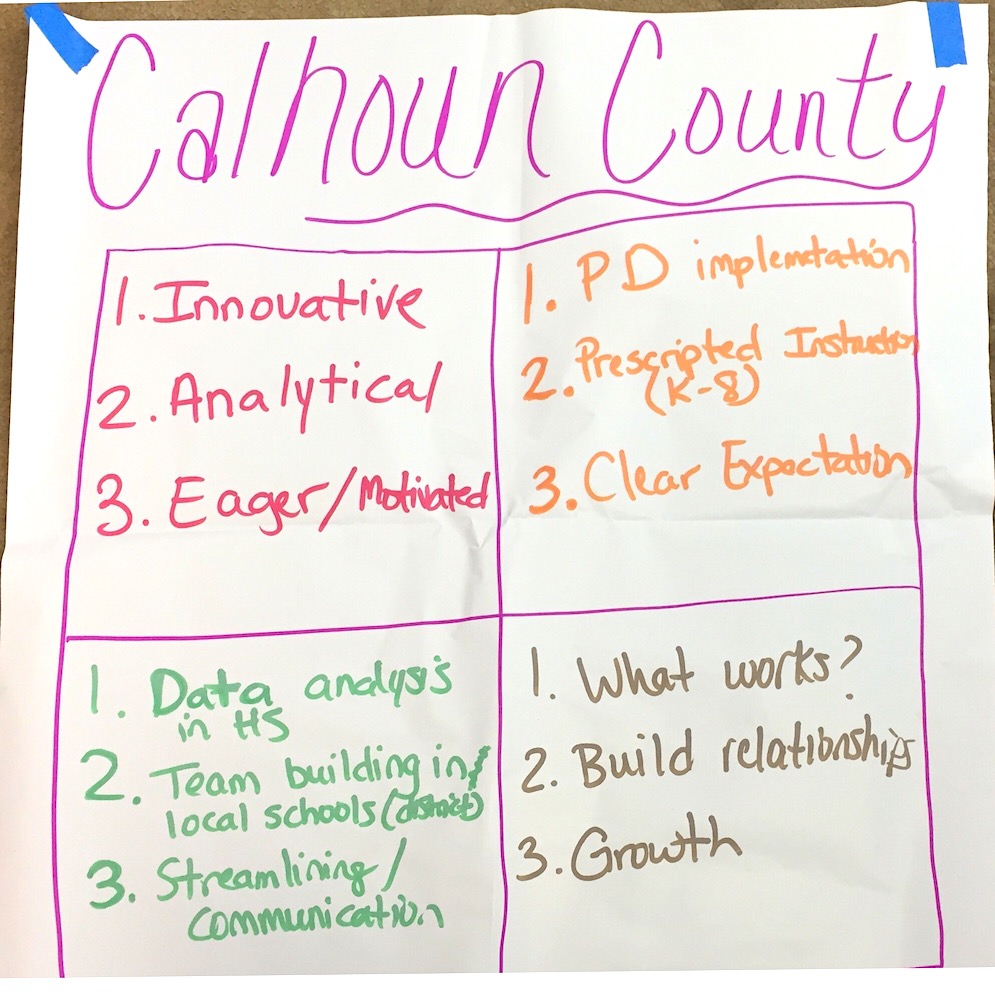

0 Comments on "KLN East Helps ABPC Launch a New Year of Leadership Learning and Networking Across Alabama"